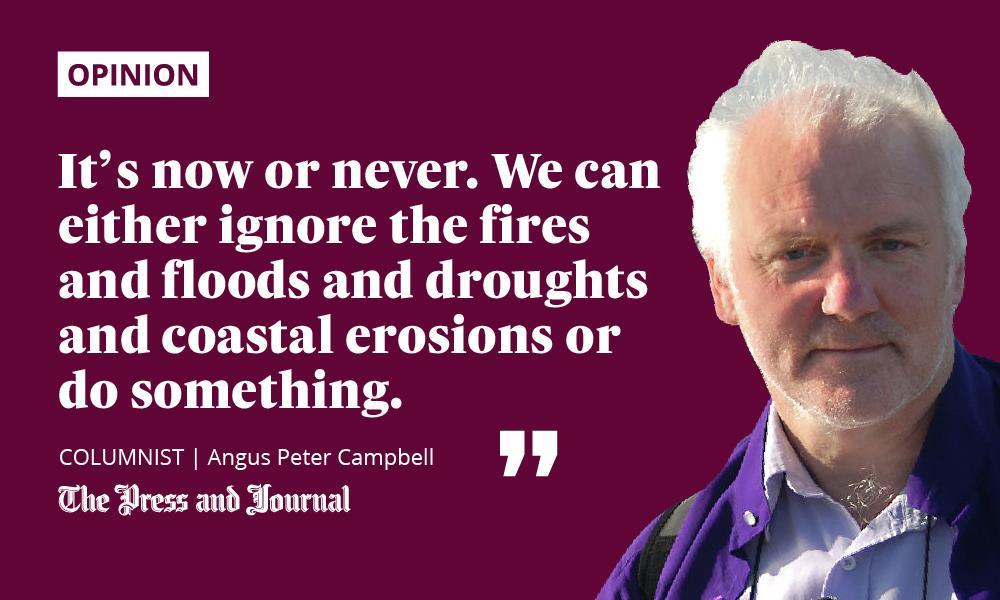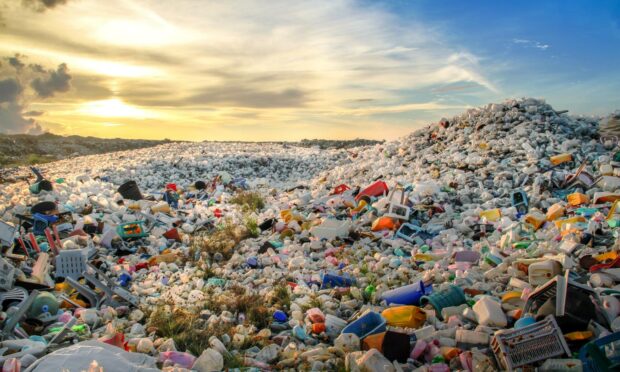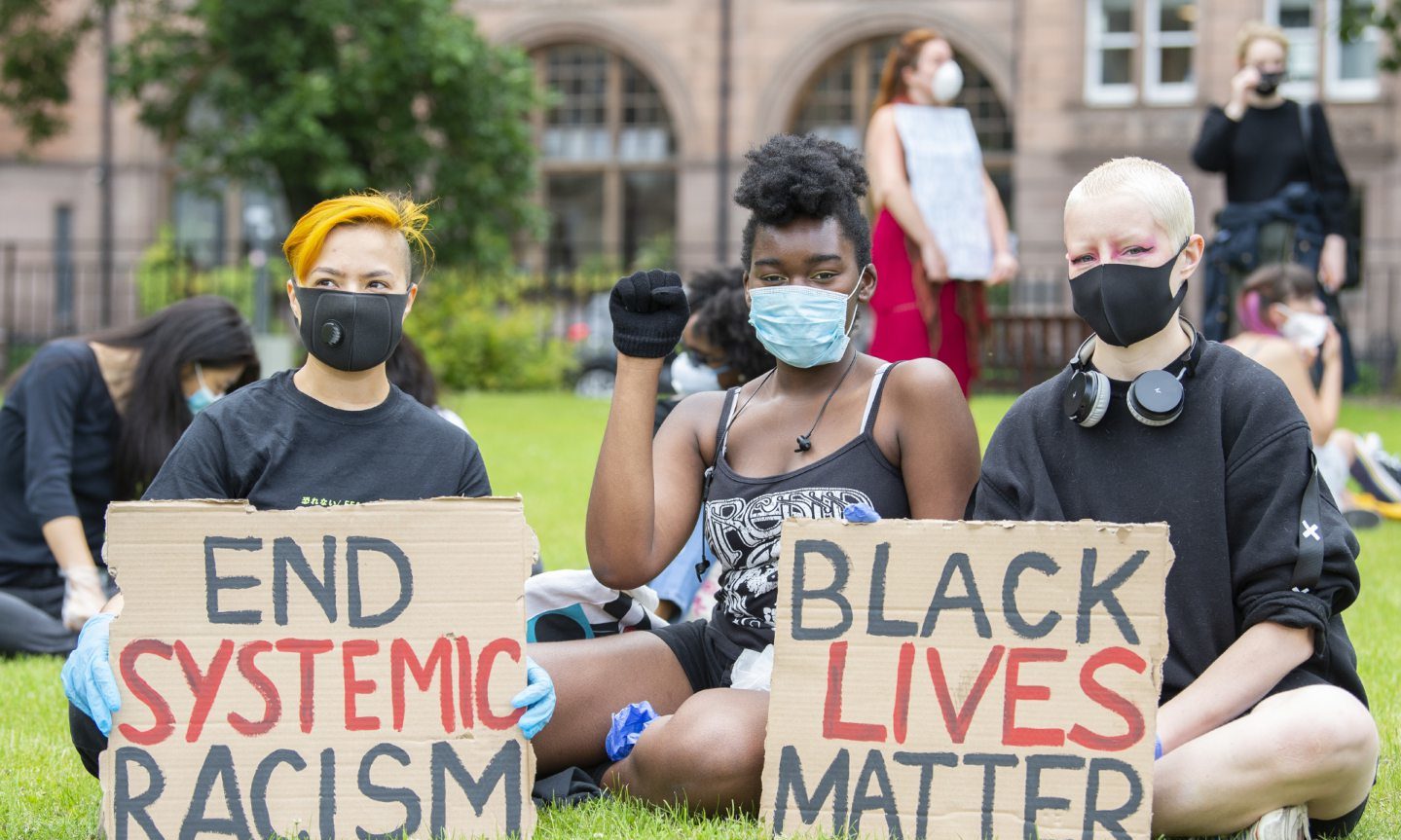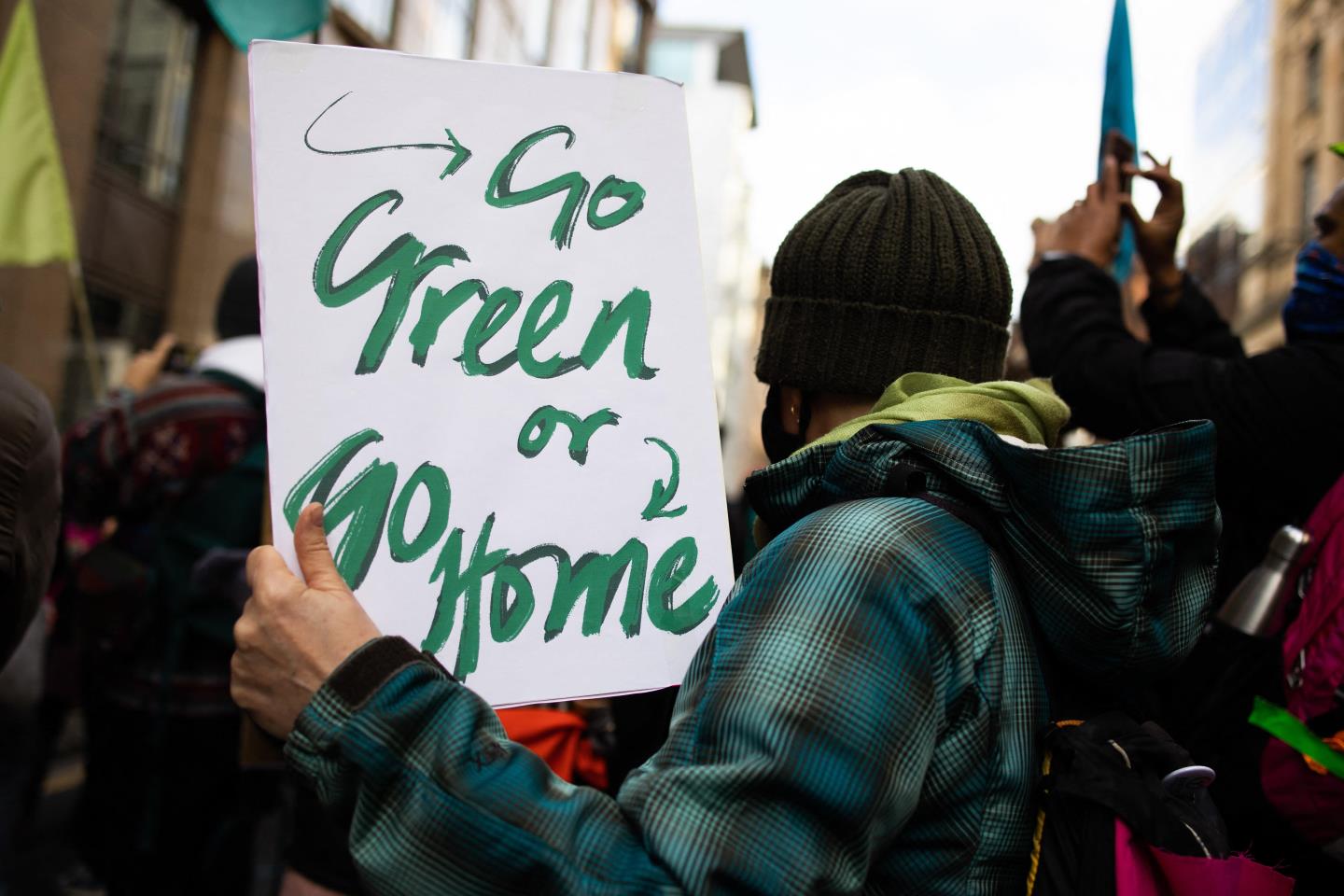We have a choice. Say between porridge and cornflakes for breakfast. Though, sometimes, we don’t.
If you live on an island, for example, and there’s one ferry a day (weather permitting) and you have a critical hospital appointment first thing tomorrow morning, then you’ve really no choice but to get that ferry now.
I think we have the same choice when it comes to global warming. It’s now or never. We can either ignore the fires and floods and droughts and coastal erosions or do something. The governments we vote into power and the industrial corporations we prop up with our purchases most certainly, but all of us, too, because ignoring a problem doesn’t make it disappear. Can I suggest we can all do a great deal?

I’m reminded of a lovely little reminiscence I read the other day from one of the late Ralph Whitlock’s books. Whitlock (1914-1995) was a Wiltshire farmer, conservationist and author and I’m awfully fond of his writings, which are simple in the very best sense of the word – meaning clearly written, accessible, and always full of fascinating local folklore and knowledge.
In one of his articles, written in the 1970s, he tells of visiting an old couple in Cornwall:
“An old couple with whom I had tea remarked when I refused sugar, ‘Be ye a Wesleyan, then?’
“Apparently, about 200 years ago the Wesleyans of Cornwall barred sugar on the grounds that it was grown by slave labour in the West Indies and carried in ships which also engaged in the slave trade. So anybody who says no to sugar is still classed as a Wesleyan!”
Recent slave trade outcry is nothing new
So, the recent and righteous outcry over the slave trade is, clearly, nothing new. And it also reminds me of the remarkable work of John and Charles Wesley, the founders of Methodism. Charles is nowadays mostly remembered as a hymn writer. There’s nothing much better than raising your voice in unison with others to sing any of the 6,000 and more great hymns he composed, from Love Divine, All Loves Excelling to O for a Thousand Tongues to Praise.
John Wesley, incidentally, preached in Aberdeenshire on several occasions and afterwards once commented that the congregation was so hard-hearted that the only tears of repentance he saw were from the damp streaming down the church walls. I believe it was out Banchory way…
But the Wesleyans influenced society in much more than a religious sense. The nonconformist tradition, in which Methodism is a foundational stone, nurtured a biblical generation with a keen sense of the huge difference between right and wrong. And, more than that, nurtured generations of ordinary working class people in the art and craft of public speaking and discourse.
It enabled common people to preach (and practice) against inequity and unfairness and wrongdoing, including the slave trade, in their own day.
Political responsibility and personal choice
The same thing happened in the Gàidhealtachd, with the 19th century post-disruption (1843) movement that gave birth to Na Daoine. Ordinary folk – fishermen and weavers and crofters who, convinced of the sole righteousness of Christ and the wickedness of men, spoke the words of the prophet Isaiah against the rapacious land-grabbers of their day: “Woe unto them that join house to house, that lay field to field, till there be no place, that they may be placed alone in the midst of the earth.”
Granted, it may be easier not to take sugar in your tea than it will be not to put diesel in your car, but still, it’s a choice
Godly words which provided spiritual and political and social fuel to the great Land League movement. Could it be that climate change is the great issue of our day, calling for a similar response? In which we too can refuse to buy and consume the sugar of our times, whether that be oil or plastic or food and other stuff imported hundreds of thousands of miles across the globe? In which we can put on a woolen semmit and long johns and an extra jumper instead of turning up the heater another notch?
I realise, in the frothy wake of COP26, that the major responsibility (as with the slave trade) lies with the big players: the governments and industrial complexes and corporations that profit from the current free-for-all, as they did from slavery. But we also have a personal choice, whether or not to buy or consume the 21st century sugar we’re all addicted to: oil, petrol, diesel, cheap clothing, cheap food, fruits out of season.
Granted, it may be easier not to take sugar in your tea than it will be not to put diesel in your car, but still, it’s a choice. Go on, be a Wesleyan. Not a Banchorite…
Angus Peter Campbell is an award-winning writer and actor from Uist












